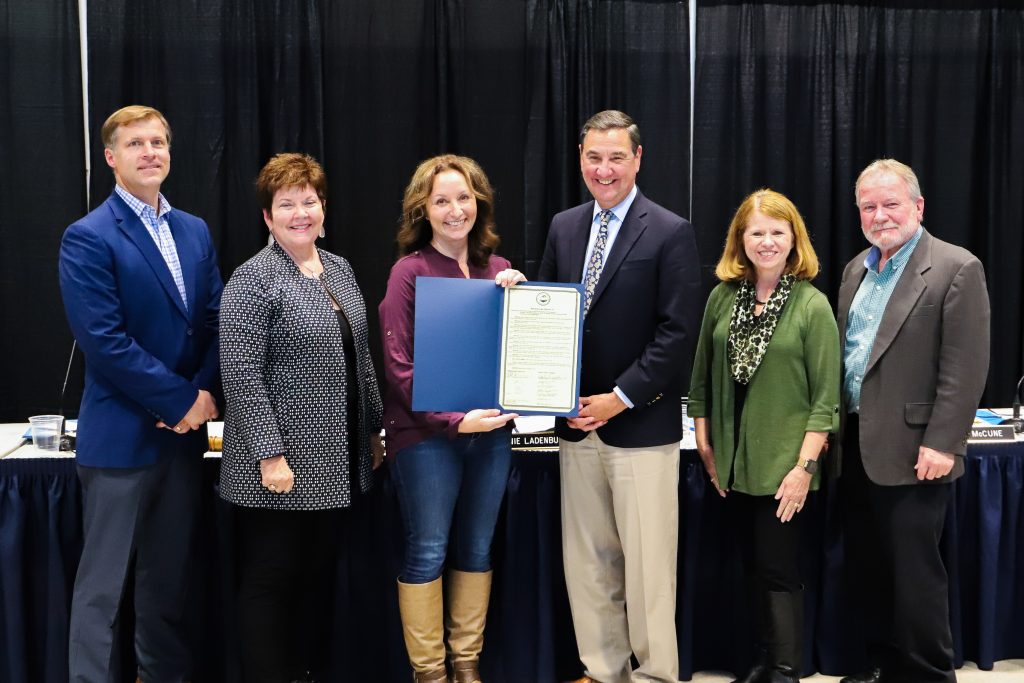Growing up, he often acted with reckless disregard for structure and rules. When he was 30 years old, his family received a call from the ER informing them that he was in a psychosis and had been diagnosed with Bipolar 1 disorder. Over the next three years, he would be in and out of different hospitals over 20 times and incarcerated several times on petty crimes, usually property destruction and failing to make court dates.
Last year, in a desperate attempt to get him help, his family filed a petition with the court asking for involuntary commitment to treatment. The petition was granted, and he was ordered to take medication. Due to the nature of his illness, he was resistant to medication, which is very common in people with mental health conditions. To administer his treatment, he was placed in soft restraints, but he fought back and bit three of the healthcare workers. He was later charged with Assault 3 and brought into the jail for three weeks until he could be sent to Western State Hospital for a competency evaluation. He was offered a plea deal to reduce the charge, and the treatment petition was dismissed after he was released from jail. The same scenario happened again shortly after, perpetuating a vicious cycle that too many families endure.
This week, the second week of October, is National Mental Illness Awareness Week. We worked with friends at NAMI Pierce County to create a proclamation that was adopted by the County Council and the Executive this week.
NAMI, the National Alliance on Mental Illness, is the largest grassroots non-profit organization in the country. They support individuals and families whose lives have been touched by the challenges of mental illness.

We met with Cynthia Macklin, NAMI Pierce County Board President, to discuss her organizations efforts to help residents in the county. She is an attorney and mother of two adult children, one of whom has a mental health condition, which is why she became involved with NAMI. Advocacy, education, and reducing stigma are among the group’s core values. This year, NAMI is promoting their Cure Stigma campaign through awareness and education.
“We eliminate stigma by talking about mental health. Sixty plus years ago ‘cancer’ was a dirty word that people did not want to talk about. Now, to not seek help for cancer due to a concern about what people would think is unimaginable. Mental illness is a crisis that affects everyone and it’s important to talk about.” – Cynthia Macklin, NAMI Pierce County Board President
At NAMI, classes and support groups are available for free to anyone, regardless of membership. They have support groups for peers (people living with a mental illness), as well as family members and friends. Their 13-week course, Family to Family, is a 2-hour per week class that educates family members of people with mental illness on coping skills, what they should do, what they shouldn’t do, etc. Next week they are hosting an estate planning presentation, with a focus on special needs trusts.
NAMI’s website has resources for people in crisis, students, families, LGBTQ services, and teens. There is even a section dedicated to navigating the legal system, including a guide on how to support a family member who has been arrested.
The County has taken steps to address the need for more behavioral health support for residents. Last year, the Mobile Crisis Intervention Response TEAM (MCIRT) was created to collaborate with first responders to help high utilizer residents experiencing a crisis get the help they need without calling 9-1-1. In partnership with the Pierce County Sheriff’s Department, the behavioral health co-responder program has designated mental health professionals who go out with officers and respond to calls that may be mental health-related.
Our Trueblood program diverts people experiencing mental health issues from jail and helps them safely integrate back into society, so they don’t have to spend time locked away, without treatment, where they do not belong. Most recently, the County Council approved a new Crisis Recovery Center in the Parkland-Spanaway area that will help stabilize residents experiencing a behavioral health crisis.
We look forward to our continued partnership with NAMI Pierce County and join them in raising awareness for mental illness and reducing the stigma surrounding it. If you have a mental health condition or are the family member or friend of someone living with one, reach out to NAMI for support. It is not easy, and we can’t do it alone. Things work better if you can take this journey together and support each other along the way.
“The best advice I would tell a family member or friend of someone with mental illness is to educate yourself, seek out support, and find people out there who can relate to what you’re going through. You are not alone.” – Cynthia Macklin
To the parent who feels ashamed, guilty, or fearful – it’s not your fault.
Mental illness is not caused by poor parenting or weakness. Just like any other major illness, it is not the person’s fault. It is caused by environmental and biological factors.
To the professional working downtown who turns the opposite direction when a person screaming about mind control walks towards them – do not be afraid.
People experiencing mental illness are no more likely to be violent than those who are not living with a mental illness. Only 3%-5% of violent acts can be attributed to people who have a mental illness. In fact, people with severe mental illness are 10x more likely to be a victim of violent crimes than the public.
To the person who was just released from the hospital for the fifth time this year and has no place to live – do not lose hope.
People with mental illness can get better. Treatment works. Innovations in medicine and therapy have made recovery a reality for people living with a mental health issue, even chronic conditions. While all symptoms may not be alleviated easily or at all, with the right recovery plan, people can live the productive and healthy lives they’ve always imagined.

